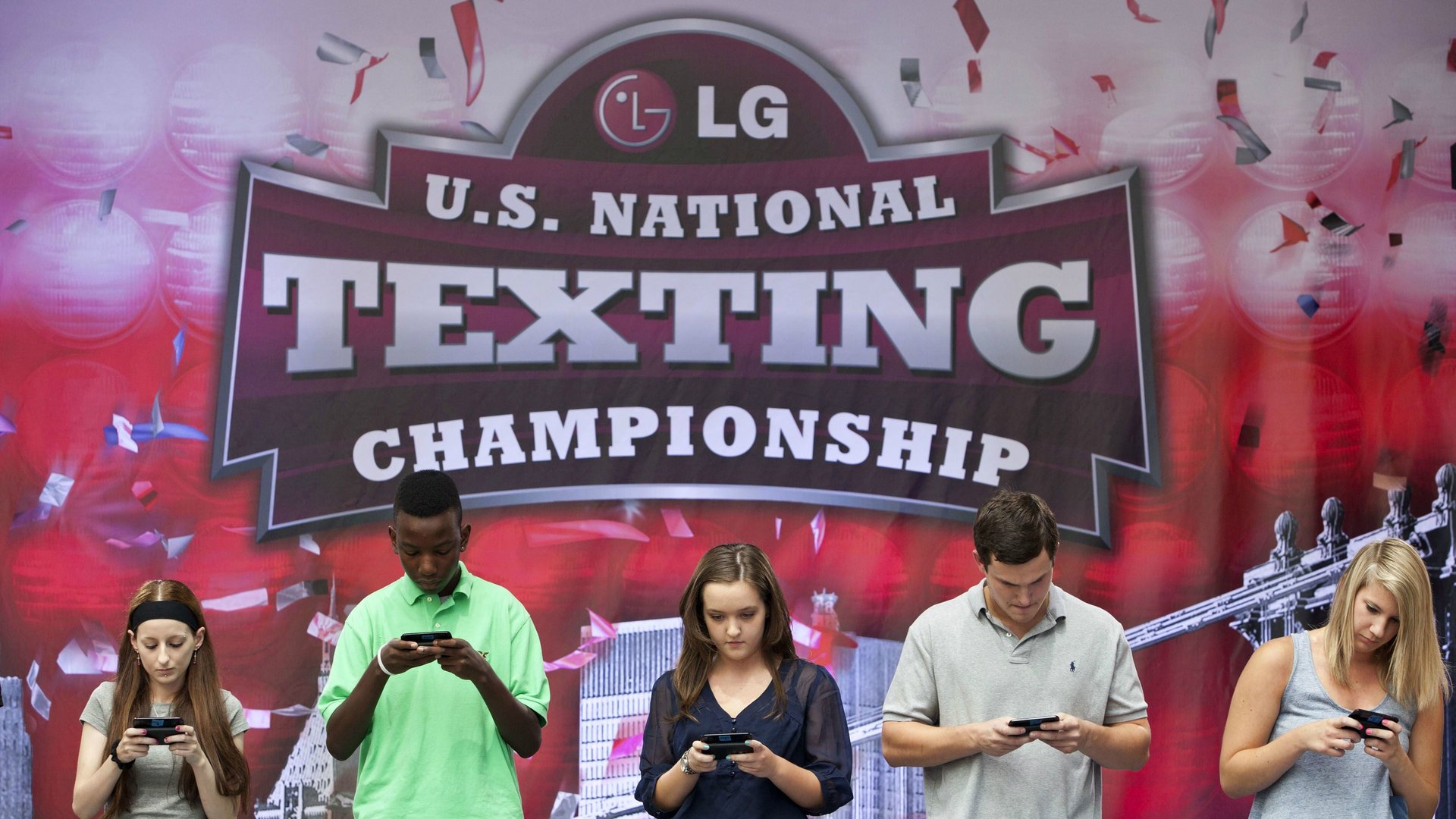LOL if you must, but the internet is actually making English better
The internet is positively amazeballs. But the unedited, character-limited way we communicate on the web and mobile is often blamed for ruining the purity of language, English or otherwise. What hope is there for future literary greats when wacky internet terms like “adorbs“ and “LOL” make it into the most revered dictionaries? Is the internet destroying the foundations of language?


The internet is positively amazeballs. But the unedited, character-limited way we communicate on the web and mobile is often blamed for ruining the purity of language, English or otherwise. What hope is there for future literary greats when wacky internet terms like “adorbs“ and “LOL” make it into the most revered dictionaries? Is the internet destroying the foundations of language?
The answer is no. To see why, just watch English 3.0, a new documentary by the London-based filmmaker Joe Gilbert. The film poses the question to linguists and authors, and they are unanimous in saying that, if anything, the internet is making English more expressive than ever.
Here’s the full, 21-minute documentary:
“Every time a new technology comes along, people think it’s the end of the road for the English language, and indeed sometimes for languages in general,” linguist and author David Crystal says in the film. But, he says, “the evidence is, for language, that every time a new technology arrives, it expands the expressive richness of the language in a way that wasn’t there before.”
Indeed, many past technologies have aroused similar fears of linguistic doom: The printing press allowed people to spread dangerous or immoral material; the telephone blocked people from communicating face-to-face; the telegram undercut the rules of grammar.
“The internet has come along now, and naturally people think that’s going to be a disaster as well,” Crystal says.
Lexicographer Fiona McPherson dispatches with the familiar argument that texting, with its acronyms and abbreviations, is ruining the grammar of our youth. To refute it, she refers to the Oxford Children’s Corpus, a word bank that gathers children’s language from a wide range of sources. The children’s own writings, included in the corpus, show no evidence of degradation because of electronic communications, she says: Instead, the data shows that kids can code-switch, using standard English in formal settings and slipping into the parallel language of “txtspk” in other contexts.
In a way, electronic communication has actually enhanced the written word. Author Tom Chatfield says in the film that the internet has made possible ”mass participation in written culture.”
The world-wideness of the web also means that a more diverse global culture is influencing English. And other languages too: The Real Academia Española recently added the internet words “hacker” and “wifi” to the canonical Spanish dictionary. It’s true that English dominates the internet now, but the reality is that a monolingual Anglophone probably won’t understand a lot of the web of the future.
In short, don’t feel bad the next time someone criticizes you over an innocent LOL.